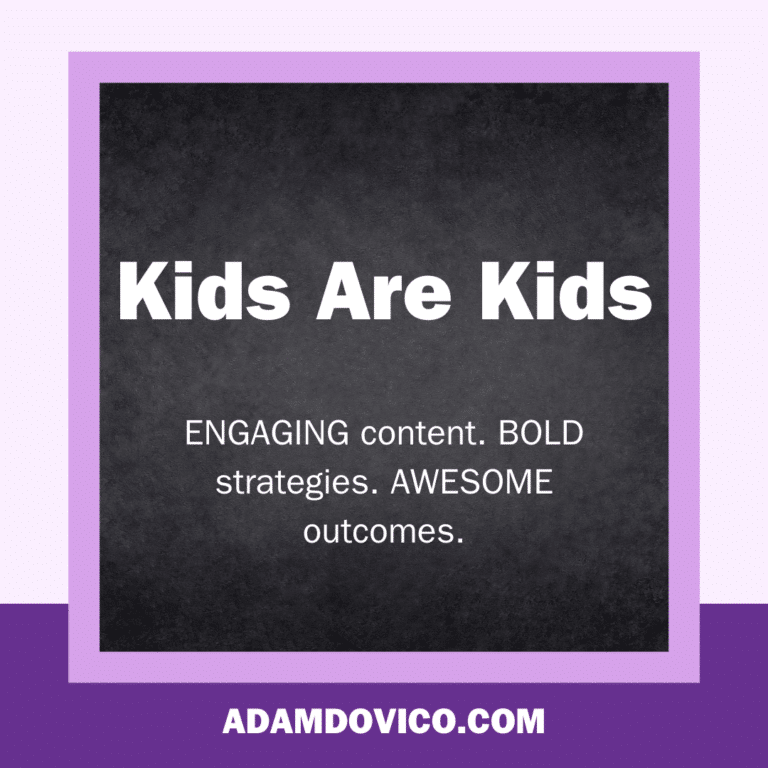I’m not Happy With My Child’s Teacher: 3 Ways to Address the issue
It’s a new school year and there are only two things that generally matter for families: 1) Who is my child’s teacher, and 2) What other kids are in my child’s class? Putting the friends topic aside, let’s focus on the child’s teacher, because in many ways this will dictate how much your child learns and how they feel about school.
How Do Opinions Form?
In any community, reputation often precedes us as educators. The terms “good teacher” or “bad teacher” (which I discernibly loathe those utterances, but that’s for another post) trickle through friend groups and group chats as children receive their teacher assignment. Inherently, someone will share a thought on a teacher based on their experiences, and you tend to trust your friends. Even at a single data point, a credible opinion will mean something to you, whether it is accurate or not.
Addressing the Issue
This can favor or hinder educators, of course, depending on the end of the judgment pole the opinion has landed on. For this post’s sake, let’s say a teacher has been deemed a “bad teacher,” whether by reputation or personal previous interaction, and your child is in this class. As a parent, you may have a number of immediate reactions: fear, anger, frustration, concern, etc. Your feelings are valid and as someone who has had to deal with parents who are not happy with their child’s teacher on many occasions, let’s look at three appropriate ways to handle the situation.
- Give a chance: If this opinion has formed before your child has even stepped into the classroom, you haven’t given the teacher a chance. How would you feel if someone dismissed you in your career before they even met you? Everyone deserves a chance, and more importantly, you deserve the opportunity to form your own opinion.
- What’s the problem: If you aren’t happy with your child’s teacher, think about why. Is it a personality conflict? Is there a different teacher you would have rather had? Was there a single event or moment that formed this opinion? Take a moment to truly reflect and dig deep on why you feel this way and then consider is this a “teacher issue” or a “me issue.” If you are honest with yourself and it’s a “me issue,” then how can you shift your thinking to make it a positive year?
- Have a conversation: If there are circumstances beyond a “me issue” and conflict has emerged, a conversation is necessary. The parties involved will vary, but in my over 20 years in education, I have rarely seen a conflict that could not be resolved once the stakeholders are around the table. That doesn’t mean you get your way or someone wins, but typically people come to an understanding when everyone’s side is shared.
Keep Your Expectations Real
As a principal, I rarely changed a child’s classroom when parents brought concerns to me, especially when it was before the school year even started. In my experience, opening that door is a slippery slope to having every parent simply pick their child’s teacher, which is simply not realistic. Instead, I tried to dig into the considerations that I listed above to find out why the parent was feeling that way. The vast majority of the time, it was “I was hoping to get this teacher” or “I heard this teacher is really good,” which is not a reason I am going to switch a student.
As I have told both of my kids, not every teacher is going to be their favorite. Naturally, as you go through school, there will be some teachers you jive with and others who you don’t. Sounds a little bit like life, doesn’t it? And at the end of the day, that’s the message that needs to be heard. The vast majority of teachers out there are doing the best they can each and every day with the resources they have available. As parents, we need to be supportive of the teacher(s) our children have and make sure that we are sending the best version of them to school each day, so that our teachers can do their jobs and teach them well!








